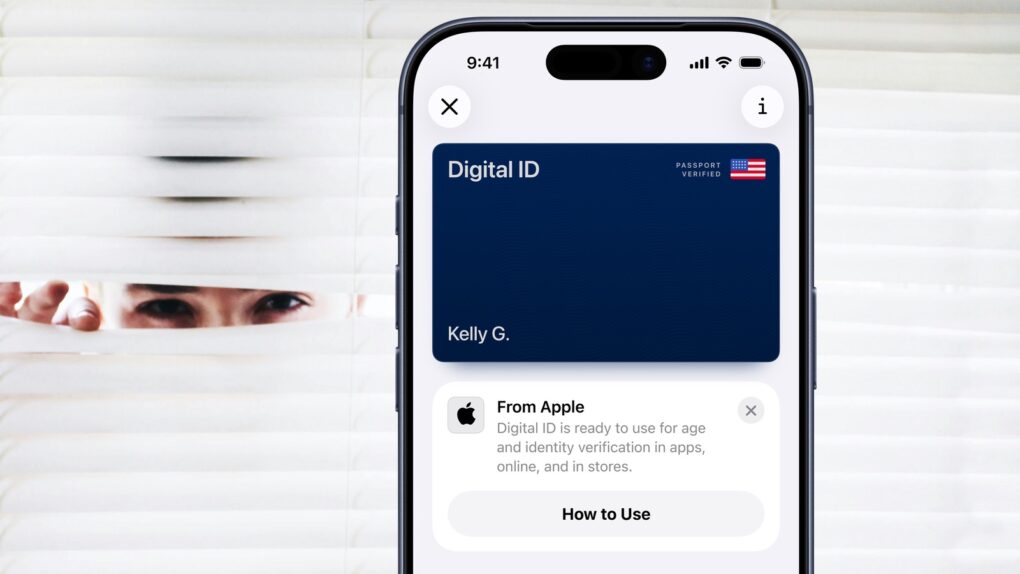Apple’s new Digital ID can be very convenient for travelers, and also convenient for a repressive government intent on tracking its citizens’ every move. That’s the warning privacy advocates have for the ID system for iPhone and Apple Watch that Apple unveiled Wednesday.
Their concern is that a phone-based system can potentially be used to track everyone all the time.
Digital ID or digital leash? Privacy watchdogs oppose Apple’s new ID system
Apple definitely did not create Digital ID to spy on iPhone users. “With the launch of Digital ID, we’re excited to expand the ways users can store and present their identity — all with the security and privacy built into iPhone and Apple Watch,” said Jennifer Bailey, Apple’s vice president of Apple Pay and Apple Wallet.
The worry is that once people adopt digital identification cards for themselves, laws can easily make them mandatory.
“Apple just rolled out Digital ID. The surrender of privacy is about to hit warp speed. This is step one of your digital leash, gift-wrapped as convenience,” wrote Jason Bassler, CoFounder of The Free Thought Project and Founder of Police The Police, on X (formerly Twitter). “Once it’s ‘normalized,’ it’s irreversible. Then it’s ‘optional.’ Until it’s not.”
Repressive governments love national ID cards
National ID cards have a dark history rooted in surveillance, discrimination and control. Originally introduced in many countries during wartime or under colonial or authoritarian regimes, these systems often served less to empower citizens than to monitor them. In Nazi Germany, identity papers helped enforce racial laws and track Jews and other targeted groups. In apartheid-era South Africa, passbooks were used to restrict the movement of Black citizens.
A phone-based national ID system has the potential to be far more invasive than those primitive IDs ever could be. Prominent privacy groups — the American Civil Liberties Union (ACLU), the Electronic Frontier Foundation (EFF) and others — signed a statement this summer that insists “that identity systems must be built without the technological ability for authorities to track when or where identity is used.”
Your iPhone knows where you are, who you call and text with, and even what you’re buying. Add a mandatory national ID program, and the government can know all that information, too.
Apple believes in privacy, but…
Apple CEO Tim Cook and other company executives have said repeatedly that “privacy is a fundamental human right.” Whenever possible, the iPhone encrypts user data so that only the user can access it. Even Apple is blocked.
But the iPhone maker also follows the laws of the countries where it operates. If Congress enacts a law mandating a phone-based national ID, the President signs it, and the Supreme Court approves it, Apple will have no choice but to implement it. Privacy advocates fear the new Digital ID is a step in that direction.


